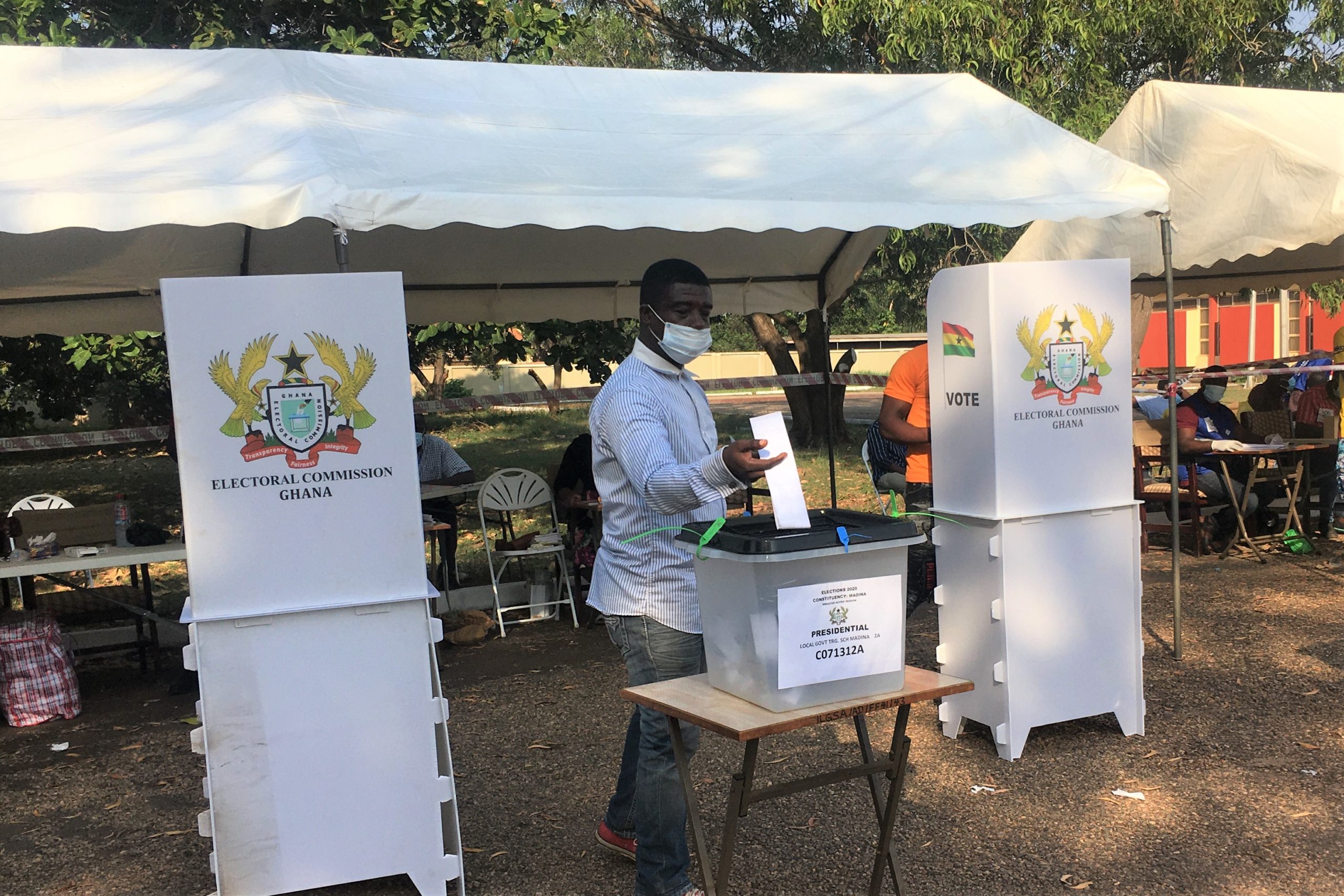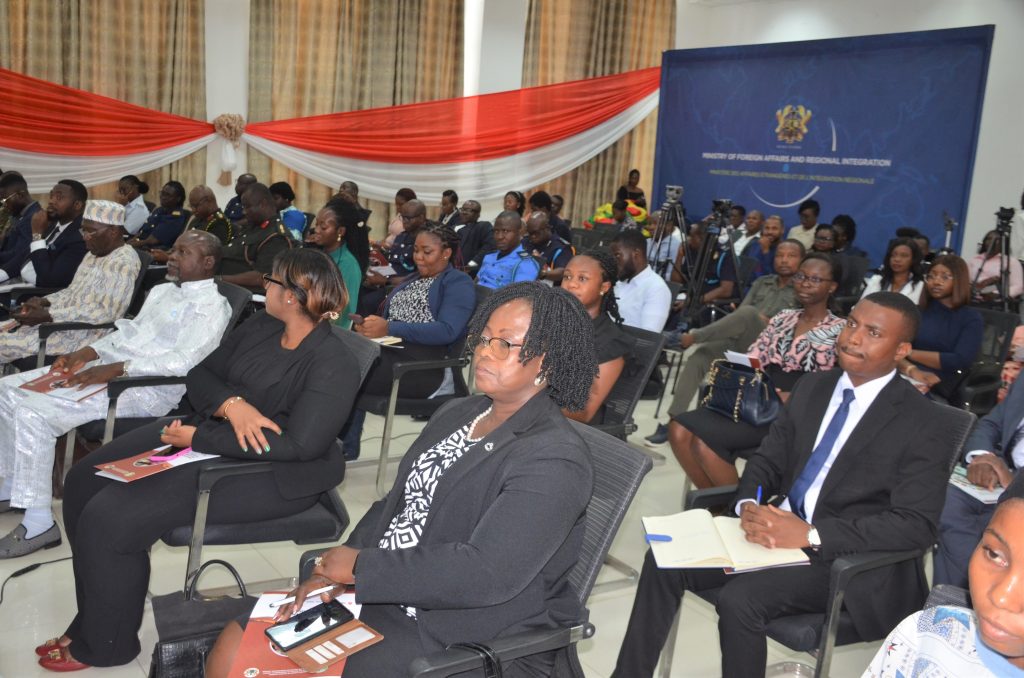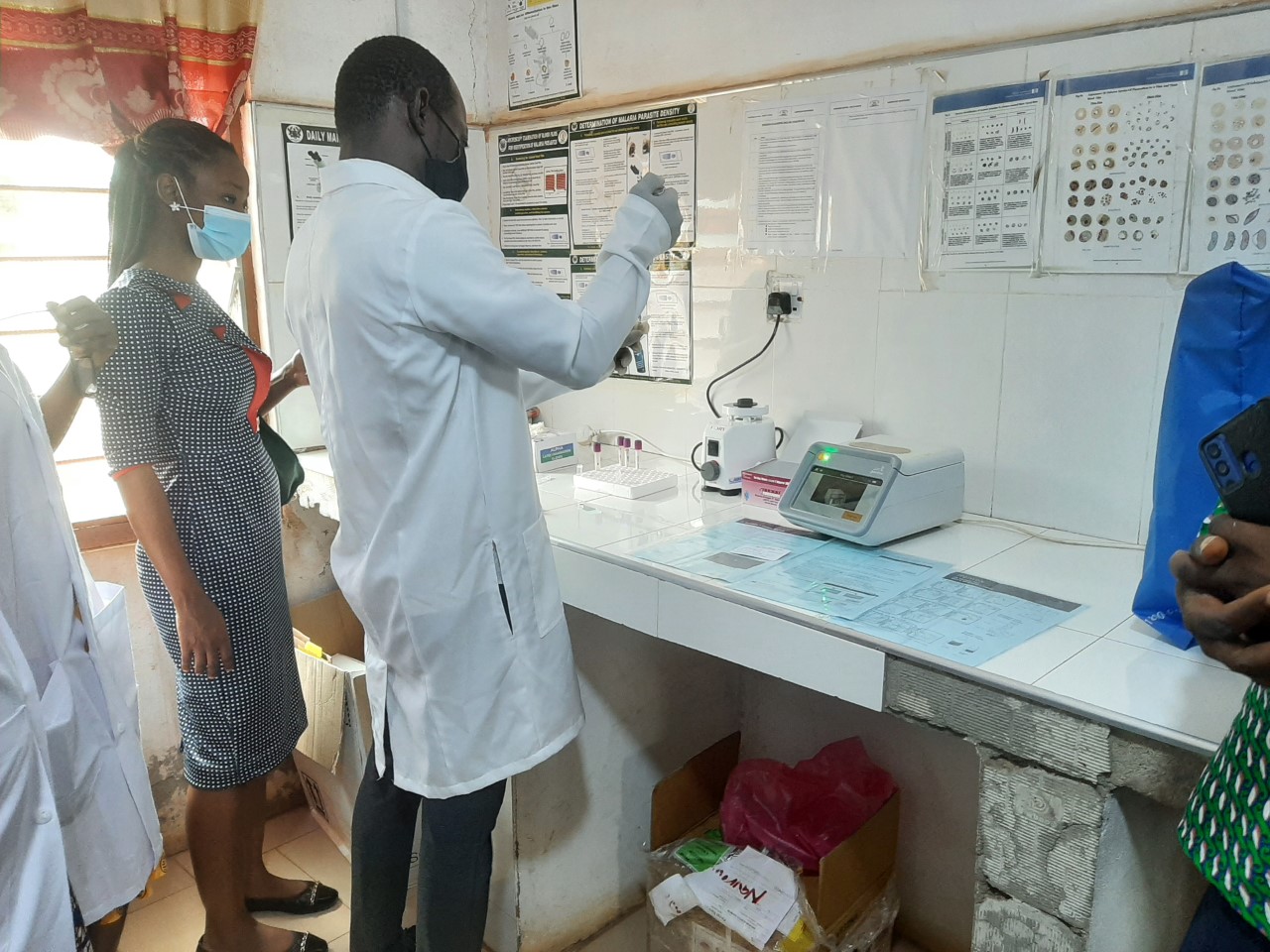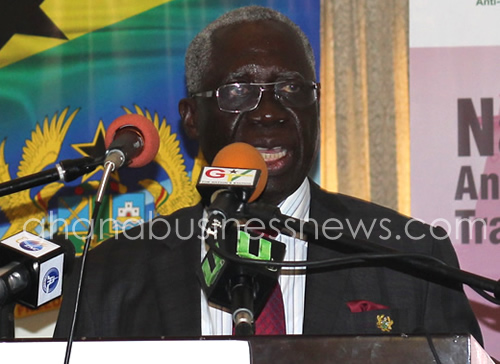
By Samuel LARTEY (Prof) [email protected]
The Ghanaian cedi has long been a symbol of the nation’s economic health, serving as a barometer for the broader socioeconomic environment. Its fluctuations are not just numbers on a financial screen but harbingers of real-life consequences for the livelihoods of millions of Ghanaians.
As the cedi hits the GH¢16 mark against the US dollar, concerns mount over the implications for the country’s socioeconomic stability. This feature article explores the complex relationship between the fate of the cedi, Ghana’s socioeconomic status, and the potential ramifications for the country’s political actors and system as the 2024 elections loom on the horizon.
The Ghanaian Cedi: A Historical Perspective
The Ghanaian cedi has experienced a tumultuous history since its introduction in 1965, with various redenominations reflecting attempts to stabilize the currency amidst persistent economic challenges. From the 1970s through the early 2000s, the cedi witnessed significant depreciation due to high inflation rates, external debt burdens, and poor fiscal management. Despite periodic efforts at stabilization, including currency redenomination in 2007 and recent interventions by the Bank of Ghana, the cedi’s volatility remains a constant challenge.
In recent years, the cedi has faced renewed pressure, driven by factors such as global economic shocks, including the COVID-19 pandemic, rising inflation, high public debt levels, and a widening trade deficit. These factors have combined to weaken the currency, resulting in periodic depreciation that impacts all facets of Ghanaian life.
The Current Crisis: GH¢16 to a Dollar
The recent crossing of the GH¢16 mark against the dollar on the retail market has sparked widespread concern among Ghanaians. For the ordinary citizen, this depreciation translates into higher prices for imported goods, increased cost of living, and reduced purchasing power. For businesses, especially those reliant on imported raw materials or goods, the cedi’s weakness threatens profitability, sustainability, and potential job losses.
Depreciation also has broader macroeconomic implications. It exerts pressure on inflation, making it difficult for the Bank of Ghana to maintain price stability. The central bank’s ability to manage monetary policy effectively is compromised, leading to a vicious cycle of rising interest rates, reduced investment, and slower economic growth.
Socioeconomic Implications: The Ripple Effect
The cedi’s depreciation does more than just erode individual wealth; it has far-reaching consequences for the country’s socioeconomic fabric. As inflation rises, the cost of necessities like food, fuel, and housing becomes unaffordable for many. This leads to increased poverty rates, exacerbating social inequalities and potentially triggering social unrest.
Furthermore, the weakened cedi undermines Ghana’s attractiveness to foreign investors, who may perceive the currency instability as a risk. Reduced foreign direct investment (FDI) can stifle job creation, technological transfer, and overall economic development, further entrenching the country’s reliance on external financial assistance.
For the government, a weak cedi complicates fiscal management. With much of Ghana’s debt denominated in foreign currencies, a depreciating cedi increases the cost of debt servicing, squeezing public finances. This, in turn, limits the government’s ability to fund critical social programs, infrastructure projects, and public services, potentially eroding public trust and confidence in the government’s ability to manage the economy effectively.
Political Implications: The Stakes for 2024
As Ghana approaches the 2024 elections, the fate of the cedi will undoubtedly be a central issue in the political discourse. The currency’s performance could influence voter sentiment, shaping the narrative around the competence of the incumbent government and its ability to manage the economy. A strong cedi, or at least the perception of effective economic management, could bolster the ruling party’s chances of retaining power. Conversely, continued depreciation may be seen as a failure of economic policy, providing ammunition for opposition parties to challenge the government.
The opposition parties are likely to capitalize on the cedi’s weakness, framing it as evidence of the government’s mismanagement and incompetence. They may promise alternative economic policies that claim to stabilize the currency, reduce inflation, and improve living standards. The electorate’s response to these promises will be critical, as economic issues often play a decisive role in Ghanaian elections.
For political actors, the cedi’s fate could determine their political destiny. Those in power may face increased scrutiny and criticism, both from the public and within their own ranks, as they grapple with the economic challenges posed by a weak currency. The opposition, on the other hand, must articulate a convincing and credible economic vision that addresses the concerns of the electorate, particularly regarding the cedi’s stability.
The Path Forward: Navigating a Fragile Economy
The current economic challenges facing Ghana demand urgent and comprehensive policy responses. Stabilizing the cedi requires a multifaceted approach that addresses both the symptoms and root causes of the currency’s volatility. This includes prudent fiscal management, efforts to reduce the trade deficit, measures to control inflation, and strategies to attract and retain FDI.
In the short term, the Bank of Ghana may need to intervene in the forex market to prevent further depreciation and maintain confidence in the cedi. However, such interventions are only temporary fixes and must be accompanied by broader structural reforms.
Ghana’s leaders must also engage in honest and transparent communication with the public, explaining the challenges and outlining the steps being taken to address them. Building public trust is essential, particularly in the run-up to the 2024 elections, where economic issues will be at the forefront of voters’ minds.
Conclusion: The Cedi’s Fate and Ghana’s Future
The fate of the Ghanaian cedi is more than just a financial matter; it is a reflection of the broader socioeconomic and political landscape in Ghana. Its performance will have profound implications for the country’s economic stability, social cohesion, and the political fortunes of those who seek to lead it.
As the cedi continues to navigate stormy waters, the actions taken by Ghana’s policymakers will be critical in determining the country’s trajectory. Whether Ghana can achieve economic stability and growth, or whether it will face further challenges, will depend largely on how effectively the cedi is managed in the coming months and years.
For the political actors vying for power in 2024, the cedi’s fate may well determine their own. In this high-stakes environment, the need for sound economic management and visionary leadership has never been more critical. As Ghana stands at this crossroads, the decisions made today will shape the nation’s future for years to come.
The post Fate of the cedi: Implications for political actors ahead of 2024 elections appeared first on The Business & Financial Times.
Read Full Story















Facebook
Twitter
Pinterest
Instagram
Google+
YouTube
LinkedIn
RSS